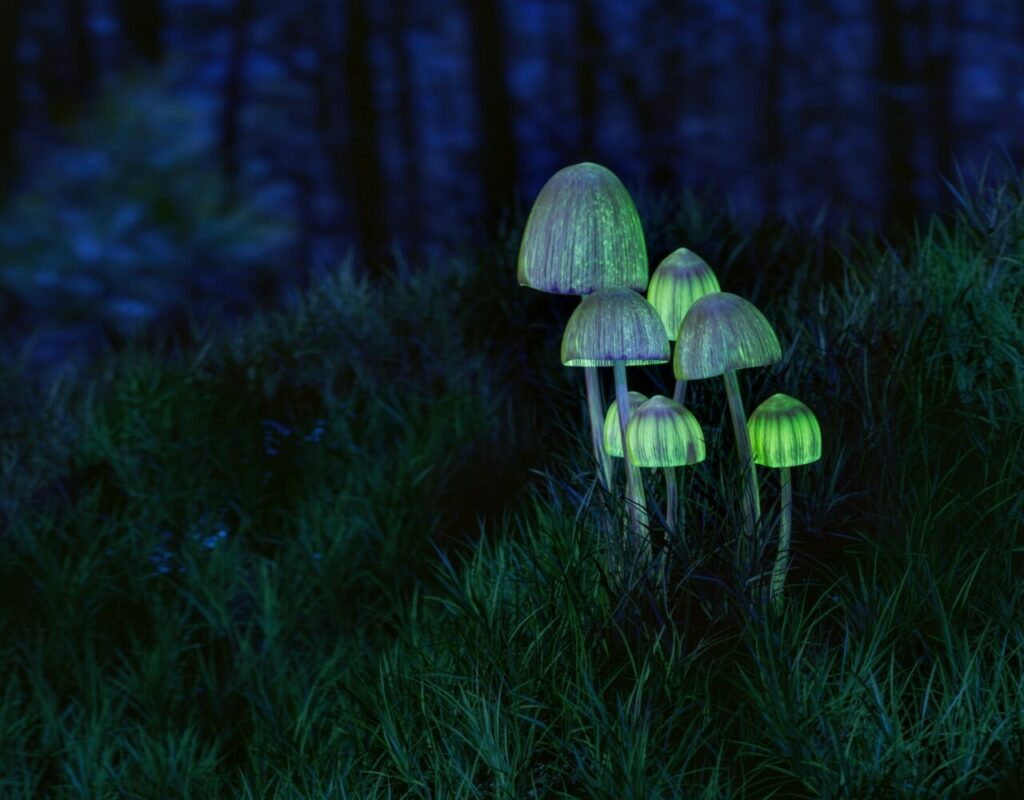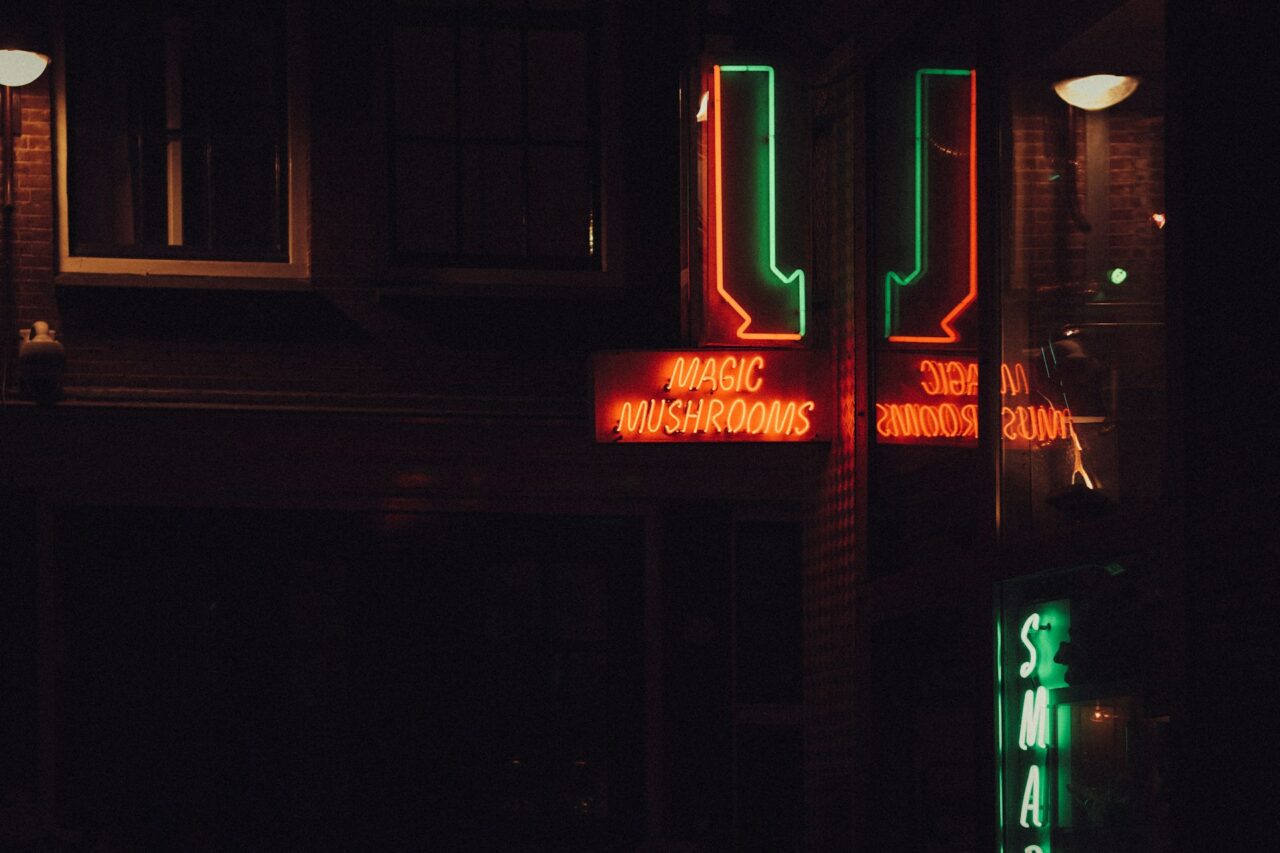The U.S. dollar and its Canadian counterpart are always competing for dominance on the global exchange market. This competition is mirrored in the magic mushroom sector, with mushroom dispensaries in Vancouver and other cities expanding rapidly online. However, can they keep up with the quick progress of America’s psychedelic industry? Let’s delve into this.
[toc]
Key Takeaways:
- Oregon was the first state to legalize therapeutic use, with certified professionals administering it.
- Canada’s Health Minister in 2020 allowed four terminal cancer patients to use magic mushrooms for palliative care.
- The University of British Columbia is conducting a 24-week Phase 2 trial, Clairvoyant, investigating psilocybin-assisted therapy for adults diagnosed with alcohol abuse disorder.
The Rapid Growth of the U.S. Magic Mushroom Industry.
The magic mushroom industry in the U.S. has experienced rapid growth, making it the only drug that rivals cannabis. This quick evolution reflects a growing societal recognition of the therapeutic potential of the substance.
Mental Health Focus
Medical professionals are fascinated by its potential to ease symptoms of various mental disorders, including depression, anxiety, and PTSD. Encouraging study findings have prompted private pharmaceutical companies to research its medicinal uses.
This growing interest is not only limited to healthcare applications but also significantly contributes to the economy. Startups and research initiatives are focused on psilocybin development.
There is an increasing amount of clinical evidence that supports the use of magic mushrooms in treating specific diseases. NIDA Director Nora Volkow noted the mounting evidence proving that psychedelics have “considerable potential” for medical treatments.
Legal Milestones
- Oregon Measure 109: In 2020, Oregon set a precedent by being the first state to legalize psilocybin for therapeutic use, allowing controlled doses by licensed professionals. This critical decision set an example for other states to follow.





